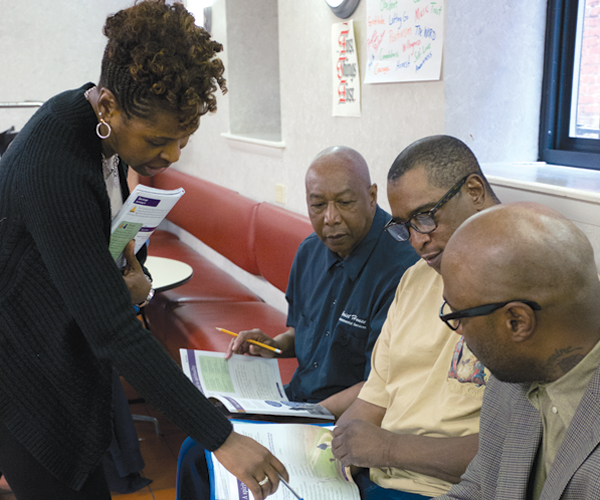
Addictions Counselor Petrina Williams explains a section of the New Day workbook to students during class.
Addiction is frequently at the forefront of discussions about homelessness. However, addiction and its relationship to homelessness are often misunderstood.
While some homeless persons do not struggle with addiction, substance abuse can be a factor in someone becoming homeless, just as it can be a result of homelessness. As one of our patients explained:
Before, I didn’t drink very much. But when I was sleeping on the streets and was depressed, exhausted, or cold, I began to use drugs and alcohol to soothe myself.
Many of our patients who struggle with addiction were exposed to alcohol or drugs as young teenagers. Individuals who begin drinking before age 15 are four times more likely to develop alcoholism than those who begin drinking at 21. Some men develop an addiction later in life after a painful loss or traumatic event. Some don’t notice their growing dependence on substances until it has overpowered them.
While we focus primarily on the medical concerns that bring patients through our doors, we know that there are often emotional and mental wounds in need of healing, as well.
In recognition, our staff developed the New Day Addictions Recovery Program in 2000. Since that time, we have seen 268 participants graduate from the program. New Day is based on the 12-Step Recovery Program. Classes are held three times a week at Christ House and are open to all participants.
This evidence-based, participant-directed program identifies and addresses difficult emotions, explains abuse-associated behaviors and consequences, and teaches coping mechanisms and healthy habits.
A key component of the curriculum is interactive journaling which helps participants to personalize and internalize their recovery. This practice encourages them to reflect on the material discussed in class and ask, “What does this mean to me?”
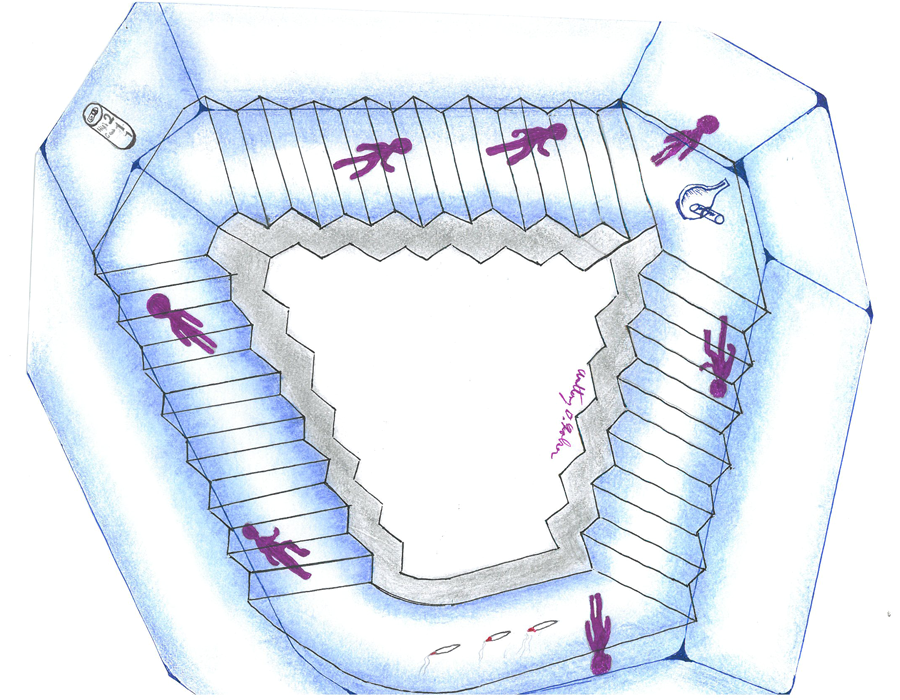
One interactive journaling assignment asks: “Draw what powerlessness feels like to you.” A class participant drew an optical illusion to demonstrate how he felt trapped in a cycle of substance abuse.
The curriculum progresses through six chapters:
- Substance Abuse: discusses how addiction creates physical and behavioral problems.
- First Step: explains that the first step of recovery is ‘admitting the problem’ by having the participant reflect on areas of life that have become unmanageable.
- Spirituality: helps participants develop an understanding of their higher power and its effect on their life.
- Feelings: describes the ‘four big feelings’ (shame, grief, anger, and fear), how they play into addiction, and how to manage them well.
- Relapse Prevention: provides tools and advice to avoid pitfalls that could lead to relapse.
- Life Management: offers guidance on developing healthy habits for stress management, nutrition, active living, sleep, finances, and time management.
While the personal reflection and lifestyle change demanded by the program is challenging, Addictions Counselor Petrina Williams reminds us that “you can’t conquer what you don’t confront.”
New Day participants find motivation and support within the class community as they share their stories, their struggles, and their daily triumphs.
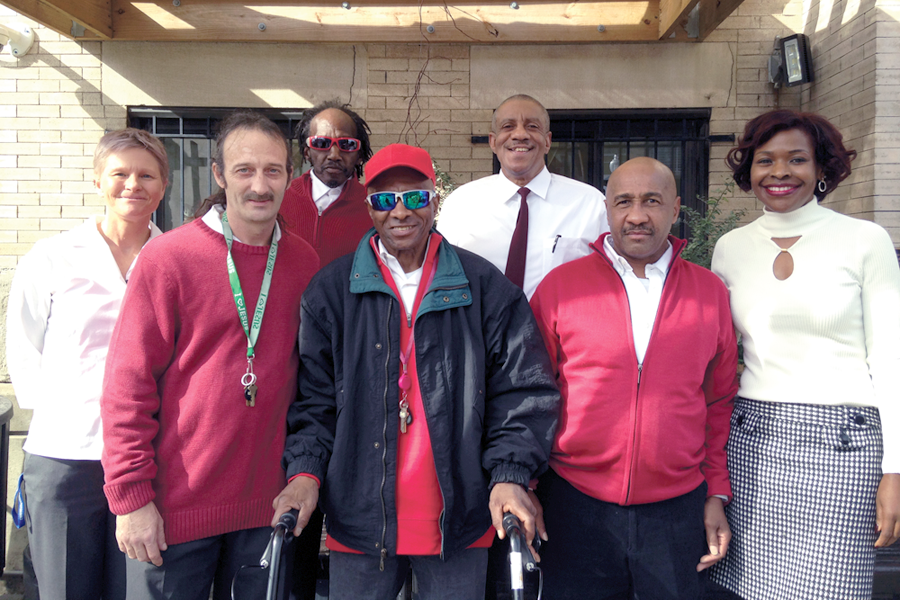
L-R: Addictions Technician Christine Paukstis, New Day graduates, and Addictions Counselor Petrina Williams pause for a photo before their graduation ceremony.
After completing the 12-week program and all required assignments, participants are honored at a graduation ceremony. New Day graduations are highly anticipated and joyous celebrations. Fellow participants, Kairos Program members, staff, and sometimes even the graduates’ friends and family attend this important milestone. The ceremony offers each graduate an opportunity to share about their past, their recovery, and their dreams for the future.
To understand the transformation that this program ignites and sustains, we invite you to attend a graduation ceremony. The next ceremony will be on June 7th. To RSVP, email development@christhouse.org or call 202-328-1100.
This was the feature article in our Spring Newsletter – view the whole newsletter here!


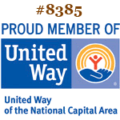

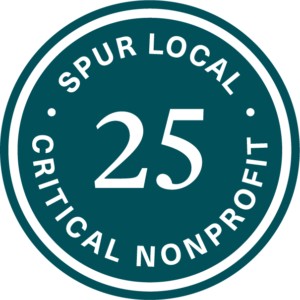
Leave a Reply